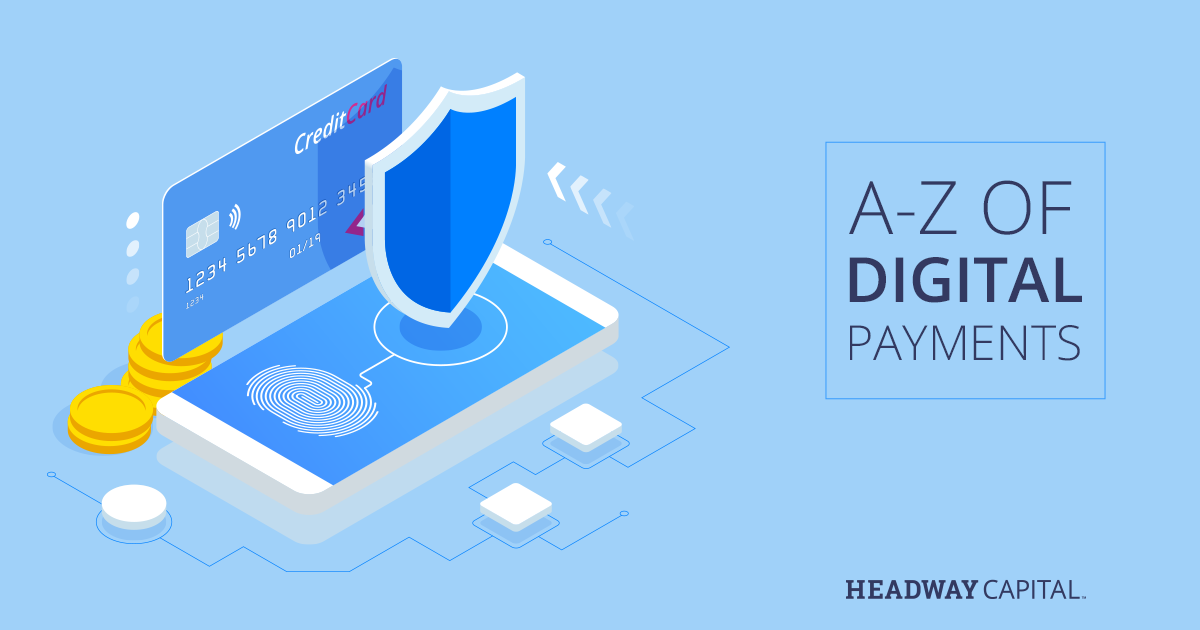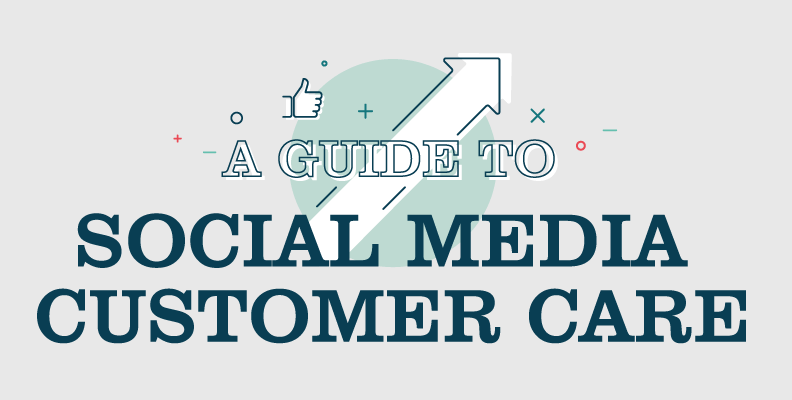5 Ways to Use Small Business Loans
The beginning of the new year is an important time for business owners to set priorities. One of the many questions that should be asked at this time is: Would borrowing extra money be beneficial to our growth? Only you and those who know your business intimately can say for sure, but considering these five common uses for business funding is a good way to help you decide.
Physical Expansion
If you are constantly running out of space for your employees to work, or if your inventory has surpassed the amount of space you currently have to store it, it may be time to consider a loan to cover the cost of expansion.
Before you sign your loan contract, you should consult with a financial advisor on whether expanding your space will allow you to cover your loan costs and still make a profit. Forecast your revenue with your current balance sheet to see how an expansion would benefit your bottom line. If you’re considering another location, make sure you do plenty of research to make sure the area is a good fit for your company.
Purchasing Equipment
Sometimes, purchasing equipment is for an immediate need — sometimes it’s just for an upgrade. In the case of an immediate need, your options may be subject to the immediate viability of your business, and could put you in a pinch. This is such a situation where having a small business line of credit can be beneficial, as you use it and repay it only when necessary. But before you take out any loan for an equipment purchase, make sure you know the purchase will directly improve your bottom line.
Purchasing Inventory
Inventory is one of the most common reasons business owners borrow money. This is especially so if you operate a seasonal business, when there are times a loan may be necessary to purchase inventory before making a profit off of it during your busy season. To best determine whether a loan (such as a line of credit) would be a good move for your business, create a sales projection based on the past few years of sales from the same time period. Compare the cost of the debt to your projected sales, and remember that sales figures can vary from year to year!
Opportunity Outweighs Debt
Part of being a business owner is identifying and taking advantage of opportunities when they’re presented to you. These opportunities can come in many different forms; maybe it’s a great deal on buying bulk inventory at a discount, or you find a bargain for new space or a piece of equipment. If the potential return on your investment outweighs the debt, then go for it! Just make sure you’re basing your decision on sound projections and not just your gut instinct.
Hiring Extra Help
As the owner of your business, you probably wear a lot of hats. Delegating responsibility doesn’t always come easily. If you have a need to fill on your team, you should seize the chance to bring in some help. Many successful businesses make talent a top priority in their business, believing it will keep their company competitive and innovative. It will pay off if that hire can provide direct and measurable value to the company.
No matter the reason you’re considering a business loan, be sure to do your due diligence in determining if its best for your company. If the loan is likely to improve your bottom line — go for it! If not, determine when a good time would be to reassess the situation.







